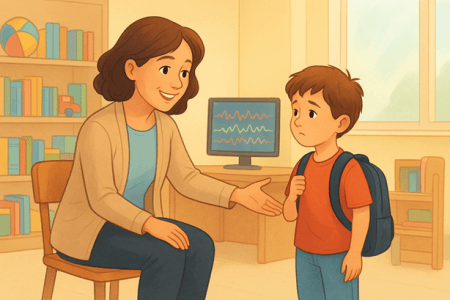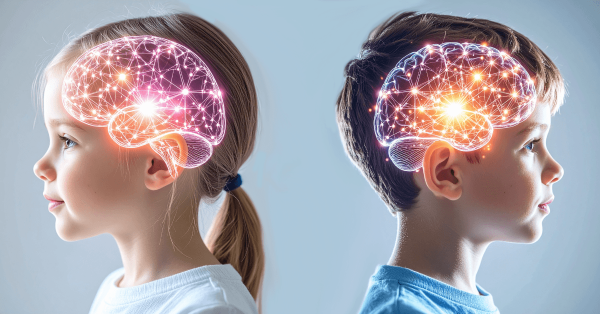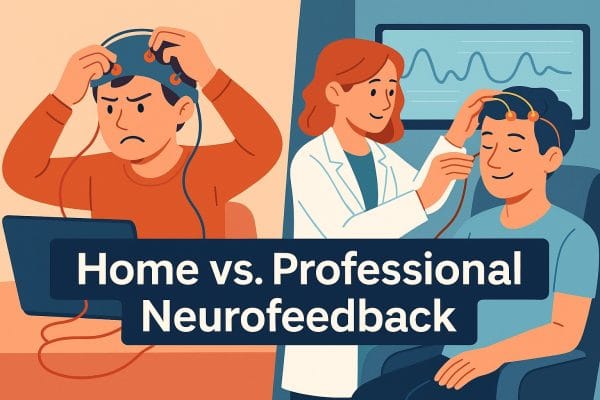ANSA’s Neurofeedback Conference: Why all emerging and experienced practitioners should attend. (2025)
Join practitioners, healthcare professionals, and advocates at ANSA’s Neurofeedback Conference this November. Discover the latest research, learn from experienced providers, and build connections that support your growth in the neurofeedback field.









